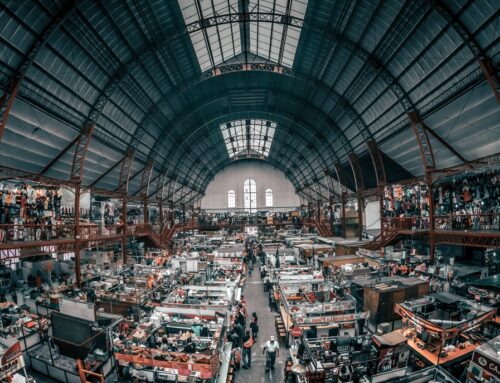A plague of dodgy building products is increasingly putting lives at risk and forcing up insurance premiums, a Senate inquiry report warns.
The Economics References Committee published its final report into non-conforming building products late yesterday.
The committee had already released interim reports focusing on two of the most serious issues – imported materials containing asbestos and flammable building cladding.
The final report also addresses concerns with non-conforming electrical products, lighting, windows and glazing, plumbing, engineered wood products, and steel.
“The committee is extremely concerned by evidence to this inquiry that illustrates the growing prevalence of non-conforming building products,” the report says.
“Non-conforming building products pose serious risks to the construction industry, workers and the broader community.”
It says the committee received evidence of products across a range of industry sectors that: are not fit for purpose; do not conform with the required Australian building regulations and technical standards; are counterfeit copies of legitimate conforming products; and are supplied with fraudulent certification or documents.
The committee makes a series of recommendations including that the Building Ministers’ Forum speeds up consideration of a mandatory third-party certification scheme for high-risk building products and a national register for these products.
The forum should also examine international approaches for testing high-risk products, and government should develop a “confidential reporting mechanism” to enable industry and other stakeholders to report non-conforming products.
The committee also recommends consideration of mandatory recall insurance for high-risk building products, as manufacturers or suppliers often go into liquidation after a product is identified as unsafe.
“The costs of non-conforming products are being passed on to consumers through costs of remediation, devaluation of properties, increased insurance premiums, as well as costs associated with reduced energy and water efficiency,” the report says.
“Further, importers, suppliers and manufacturers of products that conform to Australian building regulations and technical standards are being forced to compete on an uneven playing field with cheaper, inferior non-conforming building products.
“The committee is particularly concerned about the potential safety risks to consumers and construction industry workers including risks of fire, electrocution, exposure to toxic chemicals and water contamination.
“Without urgent and effective action the risk to Australian lives will only increase.”




